Page 7 • (597 results in 0.043 seconds)
-
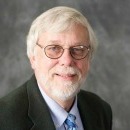
Professor of History, Emeritus | Department of History | sobania@plu.edu | Dr.
to ceiling and have played a vital role in the teaching and sustaining of the faith in this country that has been Christian since the 4th century. An article related to this research appeared in “Icons of Devotion/’Icons of Trade: Creativity and Entrepreneurship in Contemporary ‘Traditional’ Ethiopian Painting,” with Raymond Silverman, African Arts 42 (1) Spring 2009: 26-37. Other research and publications on Ethiopia include an ethno-historical study of silver and goldsmiths. A future project
Contact Information -
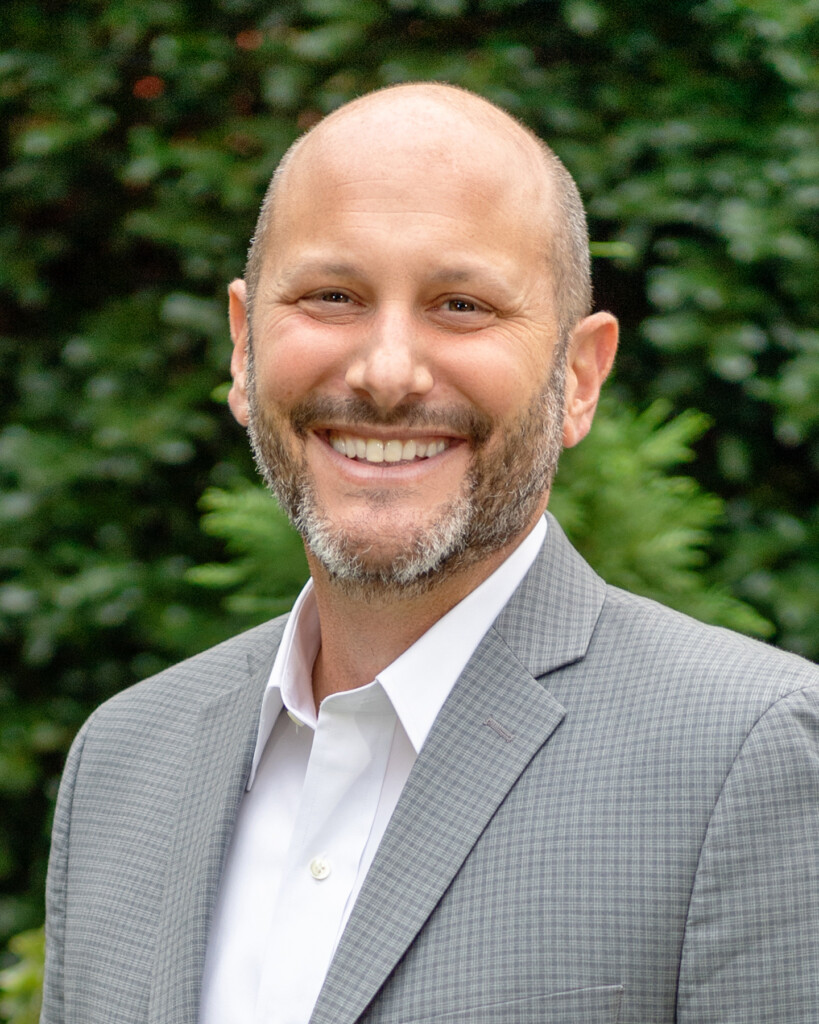
Associate Dean, School of Music, Theatre & Dance; Director of Choral Studies; Professor of Music | Music | galante@plu.edu | 253-535-7603 | Dr.
, Choral Methods and Choral Literature. Dr. Galante continues to find success and acclaim as a composer and arranger. His compositions are published by GalanteMusic, Walton, Colla Voce Music, and Pavane Publishing; have been performed by professional, collegiate, and advanced high school choirs throughout the United States and Europe; and recorded for commercial release by Delos, Centaur Records, MSR Classic, and PLU Media. He is the recipient of multiple ASCAP Plus awards, and a regular composer-in
Office HoursMon - Fri: - -
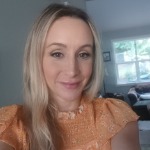
Assistant to the Dean | College of Health Professions | howardrm@plu.edu | 253-535-7659 | Rachel Howard is the Senior Administrative Assistant for the College of Health Professions and the Department of Marriage and Family Therapy.
Rachel Howard Assistant to the Dean Phone: 253-535-7659 Email: howardrm@plu.edu Office Location: Garfield Station - 104 Professional Biography Education B.A., English, University of Windsor , 2006 Biography Rachel Howard is the Senior Administrative Assistant for the College of Health Professions and the Department of Marriage and Family Therapy. In 2006, she graduated from the University of Windsor with a background in Literature. Upon obtaining her BA, she accepted a teaching position abroad
-
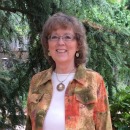
Professor of Psychology | Department of Psychology | hansvick@plu.edu | Academic Liaison on the board of Peace and Justice Studies, as well as teaching Peace Psychology. Faculty Director for joint PLU/Tacoma-Pierce County Chamber of Commerce Leadership program. Passion for teaching statistics/research methods, where I approach the classroom as a dynamic social environment and continually strive to create a positive, active learning environment for my students. Current research interests: (1) Cognitive complexity and openness to experience in relation to the liberal arts experience; (2) teaching and learning styles in relation to the challenges of teaching Millennials; and (3) changes in perceptions of cities over time. .
environment and continually strive to create a positive, active learning environment for my students. Current research interests: (1) Cognitive complexity and openness to experience in relation to the liberal arts experience; (2) teaching and learning styles in relation to the challenges of teaching Millennials; and (3) changes in perceptions of cities over time.
Contact InformationArea of Emphasis/Expertise -
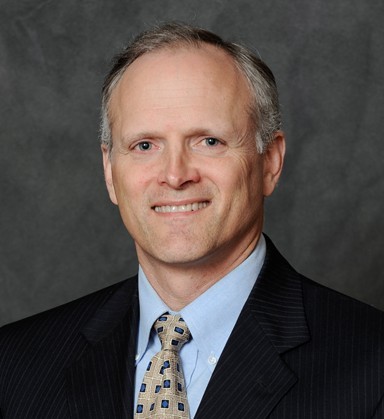
School of Business | sweberva@plu.edu | Vic Sweberg has been an Adjunct Professor in the Pacific Lutheran University’s School of Business from 2013 to the present. He has taught a variety of undergraduate and graduate-level courses. Prior to 2013, he had a successful career with The Boeing Company for nearly 30 years. At Boeing, he served in many capacities and held assignments in program management, strategy development, business development, and leading a variety of innovative growth areas. As an Executive during the latter part of his career, he formed and led a new division inside of Boeing, the Unmanned Airborne Systems (UAS) division, reporting to the President of Boeing Military Aircraft.
Vic Sweberg, MBA Email: sweberva@plu.edu Biography Biography Vic Sweberg has been an Adjunct Professor in the Pacific Lutheran University’s School of Business from 2013 to the present. He has taught a variety of undergraduate and graduate-level courses. Prior to 2013, he had a successful career with The Boeing Company for nearly 30 years. At Boeing, he served in many capacities and held assignments in program management, strategy development, business development, and leading a variety of
Contact Information -
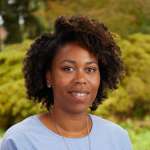
Assistant Professor of Biology | Department of Biology | lnervo@plu.edu | 253-535-7376 | My discipline of interest is developmental biology, which is the study of the processes needed for animals and plants to grow and develop. Developmental Biology is an excellent field that intersects, genetics, cell biology, molecular biology, physiology and comparative anatomy to answer key organismal growth questions.
Lathiena Nervo Assistant Professor of Biology she/her/hers Phone: 253-535-7376 Email: lnervo@plu.edu Office Location: Rieke Science Center - 148 Curriculum Vitae: View my CV Professional Biography Education Ph.D., Developmental Biology, University of Maryland - Baltimore County, 2015 B.S., Biological Sciences, University of Maryland - Baltimore County, 2004 Selected Presentations Manning,L.A., Ronk,H., Sewell, M.,Peifer, M., The scaffold protein Canoe and ZO1/Polychaetoid work together to
-
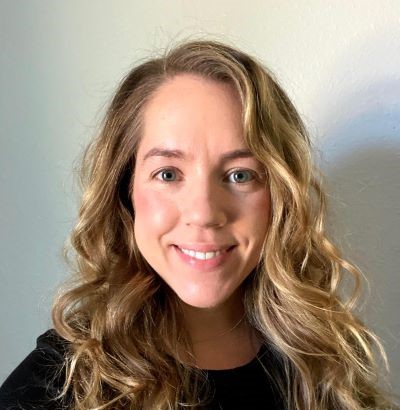
Clinical Instructor of Nursing | School of Nursing | athompson@plu.edu | Alicia grew up in the state of Maine and moved to Tacoma to attend Pacific Lutheran University, earning a bachelor’s degree in Social Work.
Alicia Thompson, MSN, RN, CNL Clinical Instructor of Nursing Email: athompson@plu.edu Professional Biography Education MSN, Nursing, Pacific Lutheran University Bachelors, Social Work, Pacific Lutheran University Areas of Emphasis or Expertise Cardiology, Critical Care, Corrections Currently teaching NURS401 Care of Complex Conditions Biography Alicia grew up in the state of Maine and moved to Tacoma to attend Pacific Lutheran University, earning a bachelor’s degree in Social Work. Alicia then
Contact InformationArea of Emphasis/Expertise -

Master of Business Administration | sweberva@plu.edu | Vic Sweberg has been an Adjunct Professor in the Pacific Lutheran University’s School of Business from 2013 to the present. He has taught a variety of undergraduate and graduate-level courses. Prior to 2013, he had a successful career with The Boeing Company for nearly 30 years. At Boeing, he served in many capacities and held assignments in program management, strategy development, business development, and leading a variety of innovative growth areas. As an Executive during the latter part of his career, he formed and led a new division inside of Boeing, the Unmanned Airborne Systems (UAS) division, reporting to the President of Boeing Military Aircraft.
Vic Sweberg, MBA Email: sweberva@plu.edu Biography Biography Vic Sweberg has been an Adjunct Professor in the Pacific Lutheran University’s School of Business from 2013 to the present. He has taught a variety of undergraduate and graduate-level courses. Prior to 2013, he had a successful career with The Boeing Company for nearly 30 years. At Boeing, he served in many capacities and held assignments in program management, strategy development, business development, and leading a variety of
Contact Information -
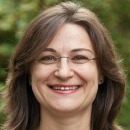
Chair, Department of Economics | Department of Economics | nagyka@plu.edu | 253-535-7085 | Krisztina Nagy (n-odge as in Dodge like the car) is an experienced teacher and researcher focusing on international economics and econometric analysis. She is passionate about teaching her craft to both undergraduate and graduate students and she especially enjoys guiding students to see the interconnectedness of today’s world. Dr.
: Macroeconomics, Financial Econometrics Teaching Areas: Macroeconomics, International Economics, Managerial Economics, Statistics, and Econometrics Biography Krisztina Nagy (n-odge as in Dodge like the car) is an experienced teacher and researcher focusing on international economics and econometric analysis. She is passionate about teaching her craft to both undergraduate and graduate students and she especially enjoys guiding students to see the interconnectedness of today’s world. Dr. Nagy has taught at
-
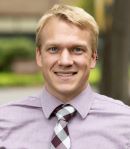
Assistant Professor of Economics | Department of Economics | swartzentruber@plu.edu | 253-535-7731 | Ryan Swartzentruber is a dedicated educator and researcher with a passion for environmental policy and experimental economics. He strives to engage students by applying microeconomic theory to real-world challenges and encouraging them to tackle complex issues.
, Environmental Economics, Natural Resource Economics, Behavioral Economics, Strategic Behavior, Econometrics Biography Ryan Swartzentruber is a dedicated educator and researcher with a passion for environmental policy and experimental economics. He strives to engage students by applying microeconomic theory to real-world challenges and encouraging them to tackle complex issues. Ryan joined Pacific Lutheran University in 2024 after completing his Ph.D. at the University of Tennessee. He has taught a variety
Do you have any feedback for us? If so, feel free to use our Feedback Form.


